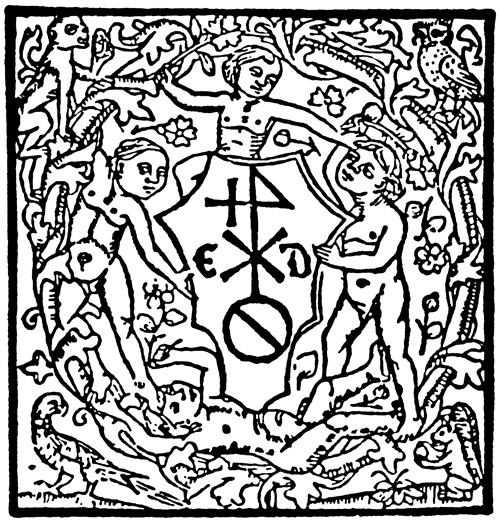-

Des prognostications presents our reading of the past as no more persuasive than of the future, and De la force de l’imagination reveals Montaigne calling attention to his own impotence in order to mask a “cure” for witchcraft he performed himself. Later still, in Des boyteux, he suffered a violent break with his readers. Edward Benson finds unwitting confirmation in late-twentieth-century studies of witchhunting of its importance in creating modern identity politics, and suggests that Montaigne’s temperamental conservatism allowed him to see the same thing. The scripteur also used monetary metaphors in Sur des vers de Virgile, devoted to a defense of sexual fantasizing, to challenge the supremacy not only of male readers but of “heterosexual” and, perhaps, even “white” ones. Montaigne brought these challenges together in Des coches, in which his historical judgement of his own culture was laid out before the subject of America was broached at all.
---------------------------------------------------------------------------------------------------------------
Cinq essais qui sont autant de microlectures de Montaigne, reliées moins par le thème que par une attention aiguë aux réactions de Montaigne face aux phénomènes contemporains que sont la magie et les débuts de l'économie monétaire. On y découvre un Montaigne qui recommande à un ami une méthode pour dénouer l'aiguillette qu'il a éprouvée lui-même, mais qu'il hésite à publier, pris d'une grande peur d'être accusé de sorcellerie. Puis un Montaigne qui s'essaie aux nouvelles métaphores monétaires que le siècle lui apporte, notamment celle du commerce (narratif, sexuel et économique), et les éclaire d'une lumière ambiguë.
-

Verdun-L. SAULNIER, Préface; George A. PETROSSIAN, The Problem of the Authenticity of the Cinquiesme Livre de Pantagruel: A Quantitative Study; M.A. SCREECH, Lorenzo Spiritu's Du passetemps des dez and the Tiers Livre de Pantagruel ; M.A. SCREECH, The Earliest Reference to a Gargantua and Pantagruel (Gargantua rex, Pantagruel filius eius): Petrus Baptista Cremonensis's Epistolae tres (Medical controversy at Nantes in 1534); M.A. SCREECH, Some Further Reflexions on the Dating of Gargantua "A" and "B" and on the Possible Meaning of Some of the Episodes; M.A. SCREECH, Watanabe Kazuo (1902-1975), in memoriam; François RIGOLOT, Cratylisme et Pantagruélisme: Rabelais et le statut du signe; André TOURNON, La Briefve declaration n'est pas de Rabelais; Michael DOWNES, Panurge, Ulysse et les "gens curieux"; Edward BENSON, Rabelais's Developing Historical Consciousness in his Portrayal of the Dipsodean and Picrocholine Wars; Gérard DEFAUX, de Pantagruel au Tiers Livre: Panurge et le pouvoir; Kurt BALDINGER, A propos du mot "aubelière", néologisme de Rabelais; Kurt BALDINGER, Beiträge zum Glossar der Pantagrueline Prognostication; Yves GIRAUD, Deux notes rabelaisiennes.
